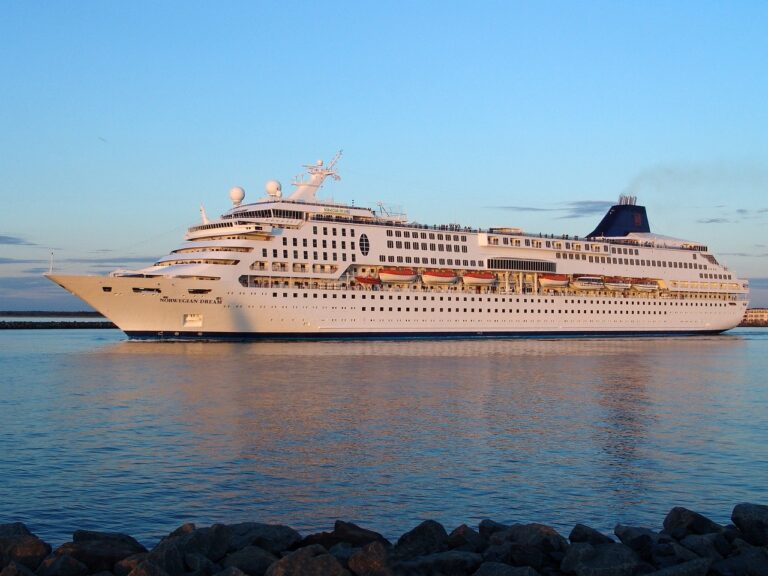The Future of Hyperloop Travel: High-Speed Transportation Systems and Urban Mobility
Hyperloop technology has the potential to revolutionize transportation systems by offering a high-speed alternative to traditional modes of transport. With speeds of up to 700 miles per hour, Hyperloop pods could drastically reduce travel times between major cities, leading to a significant decrease in the number of vehicles on the road. This could help alleviate traffic congestion in urban areas, making commuting more efficient and environmentally friendly.
By providing a fast and efficient mode of transportation, Hyperloop technology could encourage people to choose it over driving their cars, especially for long-distance journeys. With the ability to transport passengers and cargo at high speeds through vacuum-sealed tubes, Hyperloop systems could offer a sustainable solution to reducing congestion on highways and city streets. As a result, the implementation of Hyperloop technology has the potential to transform the way people commute, ultimately improving traffic flow and reducing the negative impacts of congested road networks.
Advantages of Hyperloop Technology
Hyperloop technology offers a revolutionary solution to transportation challenges by promising to significantly reduce travel times. With the potential to reach speeds of up to 700 mph, Hyperloop could transform long-distance travel, turning hours of commute into minutes of travel time. This high-speed transportation method could also help alleviate congestion on roads and in air travel by providing a faster and more efficient alternative.
In addition to speed, Hyperloop technology is envisioned to be more energy-efficient compared to traditional modes of transportation. By utilizing magnetic levitation and low air pressure tubes, Hyperloop pods can glide smoothly at high speeds with minimal energy consumption. This eco-friendly aspect of the technology not only reduces the carbon footprint of transportation but also offers a sustainable solution for future travel needs.
What is the potential impact of Hyperloop technology on traffic congestion?
Hyperloop technology has the potential to greatly reduce traffic congestion by providing a fast and efficient mode of transportation that is not limited by traditional road networks.
How does Hyperloop technology compare to other modes of transportation in terms of speed?
Hyperloop technology is designed to be much faster than most other modes of transportation, with the potential to reach speeds of up to 700 mph.
Are there any environmental benefits to Hyperloop technology?
Yes, Hyperloop technology is considered to be a more environmentally friendly option compared to traditional modes of transportation, as it is powered by electricity and produces zero emissions.
What are some of the advantages of Hyperloop technology over traditional modes of transportation?
Some advantages of Hyperloop technology include faster travel times, reduced carbon emissions, lower costs, and the potential to alleviate traffic congestion.
Is Hyperloop technology safe for passengers?
Hyperloop technology is still in the testing and development phase, but safety is a top priority for designers and engineers. Stringent safety measures will be put in place to ensure the safety of passengers.





